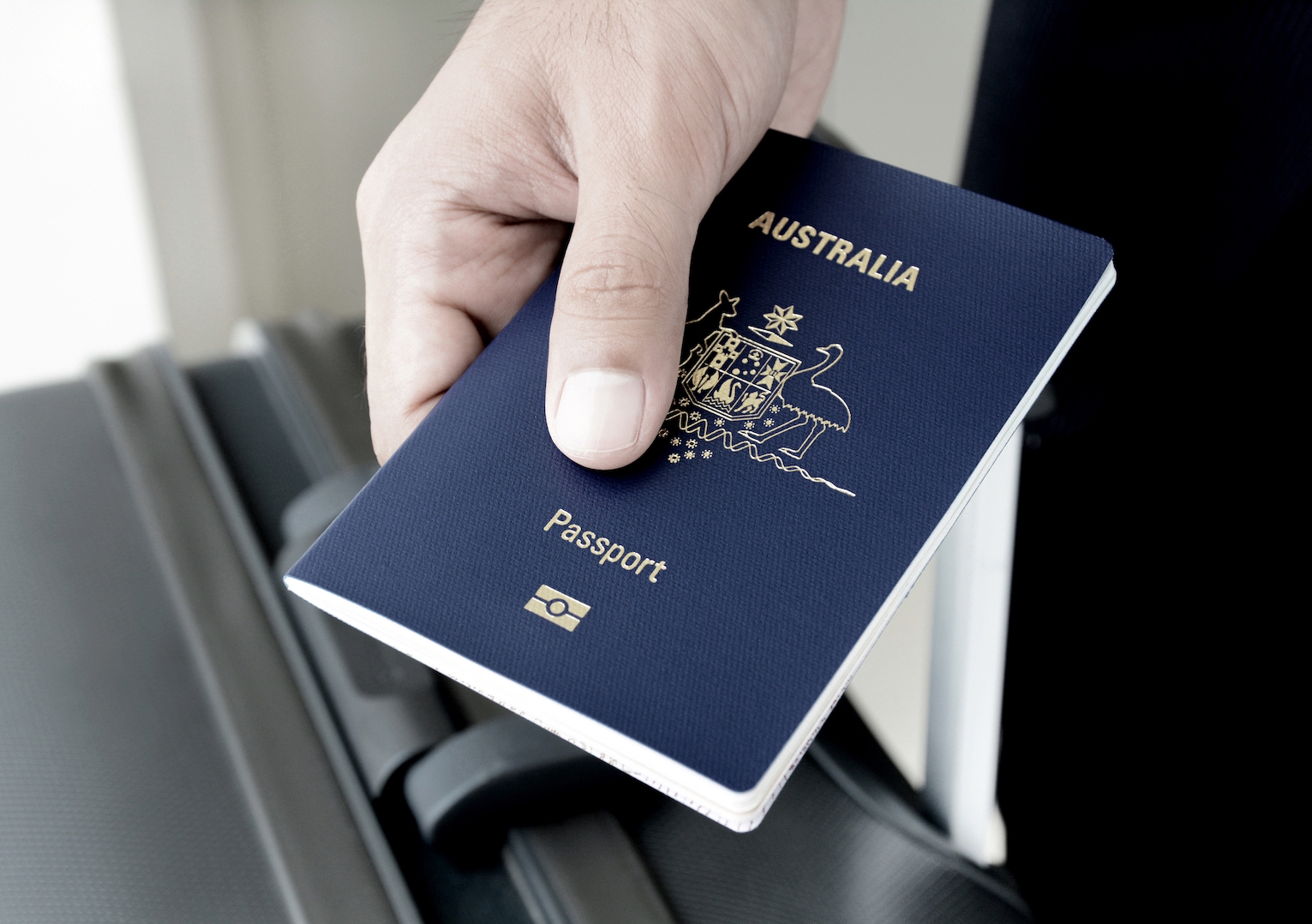
In order to improve or boost our willpower, we must first understand what willpower actually is, only then will be able to work our way to having greater willpower. It’s been known for a while that willpower and self-control have an essential role to play in the quality of life of an individual, and new studies have fortified this theory further.
There are quite a few studies that are of interest to the subject. For the scope of this blog, I will use the study that later came to be known as the “marshmallow experiment“. This study measured the level of self-control in young children and kept track of how these children performed on the same scale as adults.
Pinioning work on willpower was done by Dr. Walter Mischel, Ph.D. More than 40 years ago. Dr. Mischel and his team came up with a simple yet effective test. This work of his essentially laid the groundwork for the modern study of self-control.
The study was conducted on pre-schooler; the study was conducted on one child at a time. A bowl of treats such as marshmallows was placed on a table in the room, and the child was left alone and told that the researcher had to leave the room for a few minutes. The child was given a simple choice: The Child could immediately get the treat by pressing the button and the researcher would come back and give the child one treat only. On the other hand, if the child chose not to take the treatment for the duration of the time the researcher was not present, the child could have two marshmallows.
In children, as adults, willpower can be thought of as a basic ability to delay gratification. Pre-schoolers with good self-control sacrifice the immediate pleasure of a chewy marshmallow in order to indulge in two marshmallows at some later point, an Ex-smoker sacrifices the enjoyment of a cigarette in order to experience good health and avoid an increased risk of lung cancer in the future, a shopper resisting a splurging at the mall so they can save for a healthier financial position and so on.
Based on the study, Mischel and his colleagues developed a theory on how delayed gratification could be categorized into “hot-and-cool”. This theory addresses the question of why willpower succeeds or failed.
The theory terms the cool system as being cognitive in nature. It can be thought of as being a thinking system, wherein the knowledge about sensations, feelings, actions or goals plays a role. It’s based on an individual constantly reminding him/herself, for instance, as to the reason why they shouldn’t eat the marshmallow or smoke. While the cool system can be termed as being reflective, the hot system is considered as being impulsive and emotional. The “hot” mechanism can be termed as hasty, kneejerk responses to certain situations, like in the “marshmallow study”, quickly popping in the marshmallow without giving it much thought or any consideration for the long-term implications.
It can be said that willpower fails; when the “hot” stimulus is able to overpower or override the “cool “system. This failure leads us to take impulsive actions. So people with a high level of willpower can be thought of as being less susceptible to the “hot” triggers.
As the team of researchers revisited the same kids that were part of the study a few years later, it was discovered that the kids who had waited longer for the marshmallows were more likely to score higher academically and were rated as having a greater ability to plan, handle stress, respond to reason, exhibit self-control in frustrating situations and concentrate without becoming distracted.
The study subjects were revisited a third time, Now adults in their 40s, it was noticed that the subjects (kids) still held up well, and the other participant who had performed poorly all those years ago were still struggling on the self-control front.
Now that we have narrowed down how willpower works, we can have a crack at improving our levels.
Table of Contents
I am sure most of us would be familiar with the following:
- Exercise makes the muscles stronger.
- That overloaded muscles become weak, only to come back stronger post-recovery.
The same principle also applies to willpower. The more often you resist gratification, the better your levels of willpower will be. On the other hand don’t try to overdo it, keep it simple.
A number of studies have shown that in the short run, having to resist the “Hot” stimulus will deplete once willpower in the short term. Let’s say that you just resisted your mate’s invite for a night out, and you’re trying to quit smoking, you would find it tough to resist the urge to light one up. Now comes the interesting part, the more times one holds up against the “hot “stimuli, using the “cold” stimulus, the better one would get at resisting the same, over time.
Simply keep the following things in mind and you will be able to keep your willpower high.
Don’t keep yourself in a constant state of willpower depletion.
As mentioned earlier overloading your willpower will deplete it in the short run, just as overexerting oneself physically, without a reasonable recovery phase is a bad idea, so is true with willpower. So one thing at a time and allow for ample recovery.
Don’t Keep Yourself in a Constant State of Willpower Depletion.
Another way to work around the “hot” stimulus is to imagine. For example, if you trying to quit and get the craving to light one up, just delay it by 15-20 minutes. You can imagine that you are having a smoke in the meantime. This will help in two ways, firstly studies have shown that imagining would suppress the desire and two delayed gratifications will boost your willpower in the long run, increasing your chances of quitting for good.
Build Good Habits; You’ll Need Them When You’re Stressed.
When stressed your body will produce stress hormones to counteract the state of high stress, one of the stress hormones is cortisol. Cortisol is known to boosts cravings for carbohydrates which leads to binge eating and you run the risk of obesity, diabetes, and cardiovascular disease. Alcohol is another substance that lowers cortisol. For people with stressful lifestyles, using alcohol in this way can lead to dependence which in turn can lead to addiction.
One can manage cortisol levels using other healthier technics such as meditation, calming music, and moderate exercise.
Tackle One Thing at a Time
Most of the time people give up not because they lack the willpower, but because they try to do too much too quickly. A better way to manage would be to break your goal into smaller manageable goals. Don’t try too many things at the same time; if you would like a healthier lifestyle for instance don’t try to start a new training program, quit drinking, and or quit smoking at the same time. Fight one battle at a time and you will win the war.















